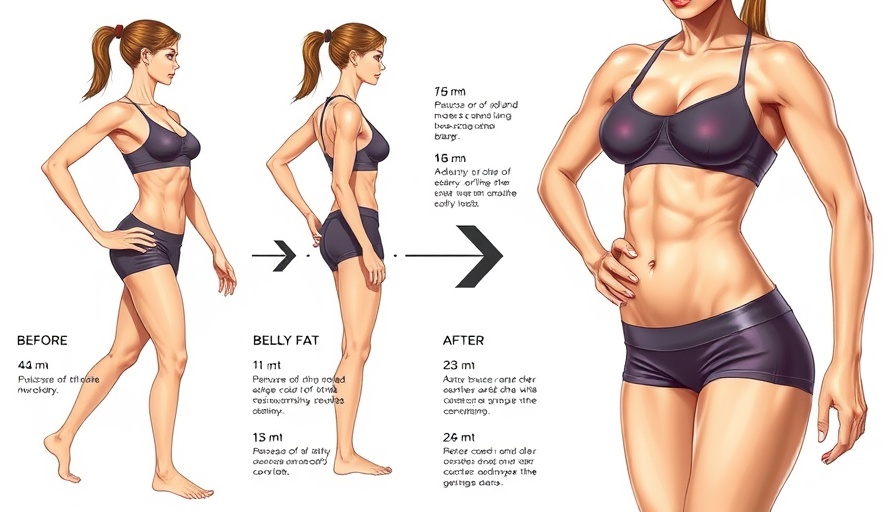
The Unseen Power of Exercise in Recovery
Recovery from addiction is a multifaceted journey, challenging individuals to navigate both physical and psychological hurdles. While common wisdom often emphasizes abstinence as the primary focus, this perspective overlooks a critical ally in the recovery toolkit: exercise. Physical activity not only enhances physical health but also serves as a cornerstone for promoting mental wellness during this crucial time.
Harnessing Feel-Good Chemicals
Engaging in exercise triggers the release of endorphins, the body's natural mood lifters. These molecules are vital for wellness, as they interact with brain receptors to elevate feelings of pleasure and reduce pain. For individuals in recovery, these natural highs are a healthier alternative to substances, fostering a sense of happiness and lightness that is essential in cultivating a positive mindset during the tumultuous early phases of recovery.
Managing Stress and Anxiety Effectively
Stress and anxiety are often significant hurdles in the recovery journey, capable of serving as potent triggers for relapse. Aerobic exercise, in particular, plays a crucial role in decreasing cortisol levels—the body’s primary stress hormone. Activities like yoga and weight training also promote relaxation in the nervous system, which helps individuals to cope with stressors far more effectively. By channeling emotions and energies through physical movement, one can find a beneficial distraction from cravings and negative thoughts.
Improving Sleep Quality
Sleep issues frequently plague those in recovery, particularly at the beginning stages. Poor sleep can exacerbate conditions such as depression and anxiety, making the path to recovery even more difficult. Researchers have found that regular physical activity can positively affect sleep hygiene, signaling the body when it’s time to rest. This not only facilitates falling asleep but also stabilizes sleep cycles, allowing individuals a better chance to recuperate.
Boosting Self-Esteem and Confidence
Guilt and low self-worth are common aftereffects of addiction, often leaving individuals feeling lost. By setting and achieving personal fitness goals, such as increasing walking distances or lifting heavier weights, individuals can start to rebuild their confidence. This newfound self-assurance can transform how individuals face both emotional and situational challenges during their recovery, as the sense of accomplishment begins to reshape their self-image.
Establishing Routine and Structure
The chaos brought on by addiction can dismantle daily routines, which are vital for stability. By integrating regular exercise into their schedules, individuals can create a predictable structure that supports a healthy lifestyle and combats negative impulses. Having a defined time for physical activities helps eliminate idle time that might otherwise lead to cravings or other detrimental behaviors.
Cultivating Social Connections Through Fitness
Recovery can be an isolating experience, but exercise offers a means to connect with others. Group workouts or classes can foster camaraderie among participants, promoting a sense of community that helps mitigate the loneliness often felt in recovery. These social connections not only enhance motivation to stay committed to fitness but also contribute significantly to emotional support.
Conclusion
Integrating exercise into recovery is not merely an afterthought; it is a transformative practice that can enhance mental health, boost confidence, and foster connections, ultimately leading to a more enriched life post-addiction. As gym owners and fitness trainers, fostering an environment that encourages clients to engage in physical activity can be invaluable in the recovery process.
 Add Row
Add Row  Add
Add 




Write A Comment